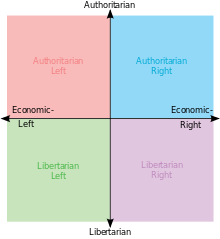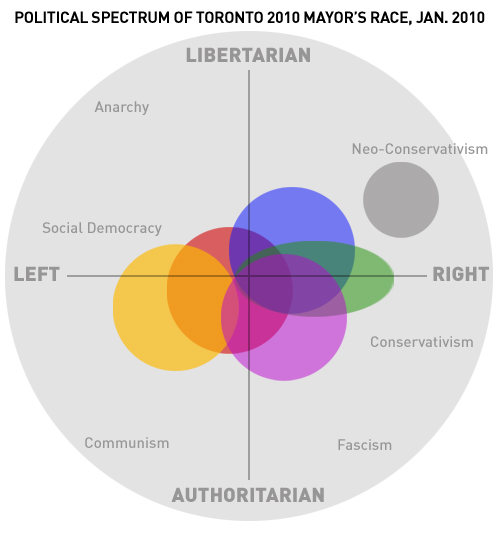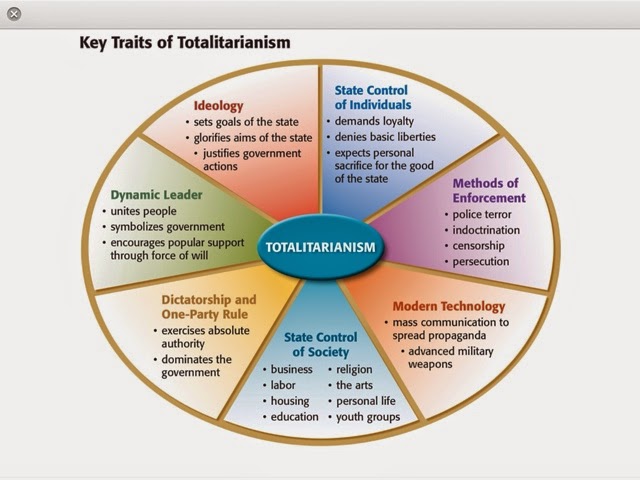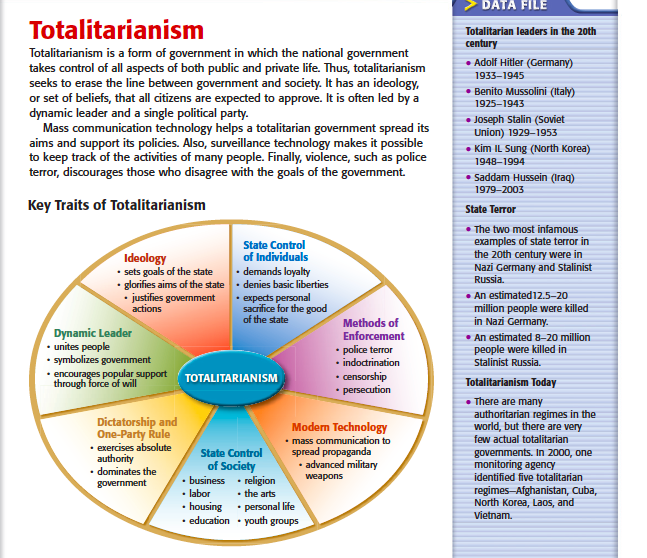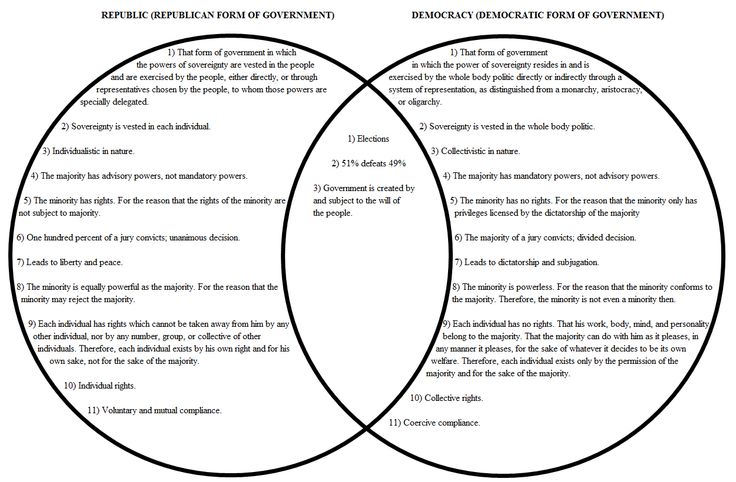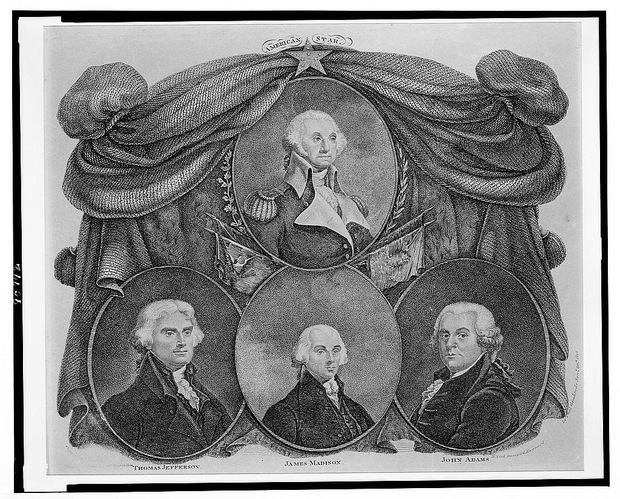The only ones that I can think of off the top of my head were socialist, so I'm curious if you can name a single example of a capitalist one.
Taxes, permits, licenses, etc are all what create capitalism, not inhibit it. Without taxes there would be no money to defend private property, and a title to land is a permit.
Of course I've heard of eminent domain, but that doesn't negate the concept of private property since there is no private property at all without a state.
Why would I expect to receive a service without paying for it? Paying property taxes is payment for protection of property (plus other things). Paying taxes in general is payment for services provided by the state.
Not sure how this is relevant.
I have no idea what you want then, because you want capitalism but not the institution that supports it.
